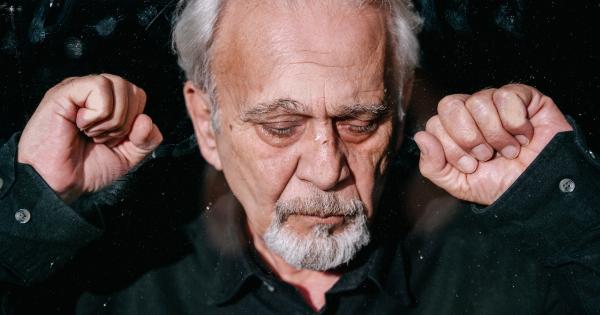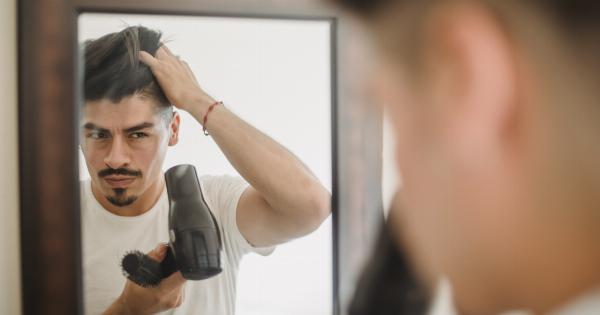Testosterone is a hormone that plays a key role in the development of male reproductive tissues and secondary sexual characteristics. These include muscle mass, bone density, and hair growth.
While testosterone is important for overall health, it can also have adverse effects on certain aspects of a man’s body. One such effect is hair loss. In this article, we explore the link between testosterone and hair loss and understand how they are related.
Understanding Testosterone and Hair Growth
Before we delve into the relationship between testosterone and hair loss, it is important to understand how testosterone influences hair growth.
Hair growth is a complex process that involves many factors, including hormones, genetics, and nutritional status. Hair growth occurs in three stages:.
- Anagen phase: This is the active growth phase that lasts anywhere from 2-6 years.
- Catagen phase: This is the transitional phase that lasts a few weeks.
- Telogen phase: This is the resting phase that lasts for up to 3 months, after which the hair falls out and the cycle starts again.
Testosterone, and its derivative dihydrotestosterone (DHT), is essential for the development and maintenance of male pattern hair growth.
Androgen receptors in the hair follicles of the scalp are stimulated by testosterone and DHT, which leads to anincrease in the growth phase and a thickening of the hair shaft. This is why men typically have thicker hair than women.
The Link between Testosterone and Hair Loss
While testosterone is essential for hair growth, it can also be a contributing factor to hair loss. This is because testosterone can be converted into DHT by an enzyme called 5-alpha-reductase.
DHT binds to the androgen receptors in the hair follicles of the scalp and causes them to shrink. Over time, the hair follicles become smaller and smaller, which leads to thinner and shorter hair growth. Eventually, the follicles become so small that they stop producing hair altogether.
The extent to which testosterone contributes to hair loss is determined by a man’s genetics. Not all men are equally affected by testosterone-induced hair loss. Some men inherit a gene that makes their hair follicles more sensitive to DHT.
In these men, even small amounts of DHT can cause significant hair loss. Conversely, other men may have a genetic makeup that makes them less sensitive to DHT, and therefore they are less likely to experience hair loss as a result of testosterone.
Other Factors That Contribute to Hair Loss
While testosterone is a contributing factor to hair loss, there are other factors that can also play a role. These include:.
- Genetics: Male pattern baldness, also known as androgenic alopecia, is a genetic condition that affects up to 80% of men at some point in their lives. It is characterized by a receding hairline and thinning hair on the crown of the head.
- Age: As men age, their hair follicles become smaller and produce less hair. This can lead to a thinning of the hair and eventual hair loss.
- Nutrition: A diet that is deficient in certain nutrients, such as iron, zinc, and biotin, can lead to hair loss.
- Stress: Stress can cause hair follicles to enter the telogen phase prematurely, which can result in increased hair shedding.
Treatment Options for Hair Loss
While there is no cure for hair loss, there are several treatment options available to slow down or reverse the process. These include:.
- Medications: Two medications that are commonly used to treat hair loss are minoxidil and finasteride. Minoxidil is a topical medication that is applied directly to the scalp. It works by increasing blood flow to the hair follicles, which promotes hair growth. Finasteride is a medication that is taken orally. It works by inhibiting the production of DHT, the hormone that is responsible for shrinking hair follicles.
- Hair transplantation: Hair transplantation is a surgical procedure that involves moving hair from one part of the scalp to another. It is typically used to treat male pattern baldness.
- Lifestyle changes: Making lifestyle changes, such as eating a healthy diet, reducing stress, and quitting smoking, can help slow down or prevent hair loss.
Conclusion
In conclusion, testosterone and hair loss are linked. While testosterone is essential for hair growth, it can also be a contributing factor to hair loss in men who are genetically predisposed to the condition.
Other factors, such as genetics, age, nutrition, and stress, can also play a role in hair loss. While there is no cure for hair loss, there are several treatment options available that can help slow down or reverse the process.

























